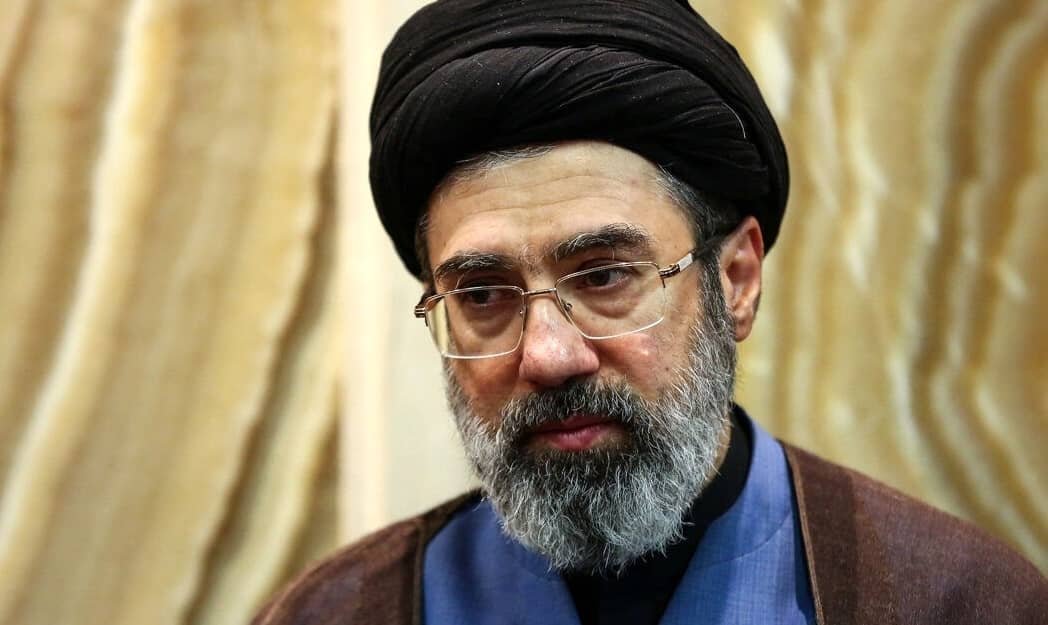In a move shrouded in secrecy, Iran’s Supreme Leader, Ayatollah Ali Khamenei, has reportedly named his second son, Mojtaba Khamenei, as his successor. The decision, made during a confidential meeting of the Assembly of Experts on September 26, 2024, has sparked concerns about the lack of transparency and the potential for widespread unrest within the country.
The Secret Meeting
The Assembly of Experts, a powerful clerical body responsible for selecting the country’s supreme leader, held an unscheduled and highly secretive meeting at the elder Khamenei’s request. The 60-member body was tasked with confirming Mojtaba Khamenei as the next leader without prior notification or public discourse. Sources reveal that the decision-making process was expedited, and members were pressured into agreement under strict confidentiality measures.
Initially, the assembly faced resistance to both the decision and the rushed process. However, under pressure from Khamenei’s representatives—and reportedly with threats against dissenting voices—the assembly eventually reached unanimous consent. This sudden move, combined with warnings of severe consequences for any breaches of confidentiality, underscores the regime’s concerns about internal dissent and external perception.
Grooming a Successor
Mojtaba Khamenei, who has been gradually positioned as a central figure within Iran’s political hierarchy, lacks formal governmental roles. Over the past two years, he has taken on a more active role in decision-making and gained influence in security and intelligence matters. Despite these developments, his appointment as successor raises questions about his qualifications and the concentration of power within the Khamenei family.
Critics argue that Mojtaba’s elevation reflects a dynastic approach to leadership, a stark departure from the principles of the 1979 Islamic Revolution, which rejected monarchic rule. Observers believe that Ayatollah Khamenei has sought to consolidate power within his family to maintain his ideological legacy and ensure the survival of the current political order.
Fears of Public Backlash
One of the primary reasons for the secrecy surrounding the decision is the fear of public protests. Iran has faced increasing unrest in recent years, with demonstrations fueled by economic hardships, political repression, and dissatisfaction with the regime’s policies. The appointment of Mojtaba as the next supreme leader could trigger further discontent, particularly among those who see the move as undemocratic.
The Assembly of Experts’ decision was kept under wraps for weeks to avoid leaking sensitive information that could ignite protests. This level of secrecy, combined with the controversial nature of the appointment, highlights the regime’s precarious position. Sources suggest that Ayatollah Khamenei may even transition power to Mojtaba during his lifetime to ensure a smooth succession and mitigate any opposition after his death.
Implications for Iran’s Future
This development comes at a critical time for Iran, which is grappling with economic sanctions, international isolation, and growing domestic challenges. The lack of transparency in leadership transitions adds to the uncertainty surrounding the country’s future. Mojtaba’s rise to power could lead to further consolidation of authority within the regime, potentially intensifying domestic repression and complicating relations with the international community.
The move also raises questions about the role of the Assembly of Experts, which has traditionally been seen as a guardian of Iran’s political and ideological integrity. Critics argue that the assembly’s compliance with Khamenei’s directive undermines its legitimacy and reinforces concerns about the erosion of institutional checks and balances.
Looking Ahead
As Iran braces for potential backlash, the international community is closely monitoring the situation. The appointment of Mojtaba Khamenei could have far-reaching implications for Iran’s internal stability and its engagement with the outside world. Whether this secretive transition strengthens the regime or fuels further unrest remains to be seen.
Sources:
- Ynetnews: “Iran secretly elected its next leader, report says”
- Insights from the Assembly of Experts’ proceedings and confidential sources close to the regime

